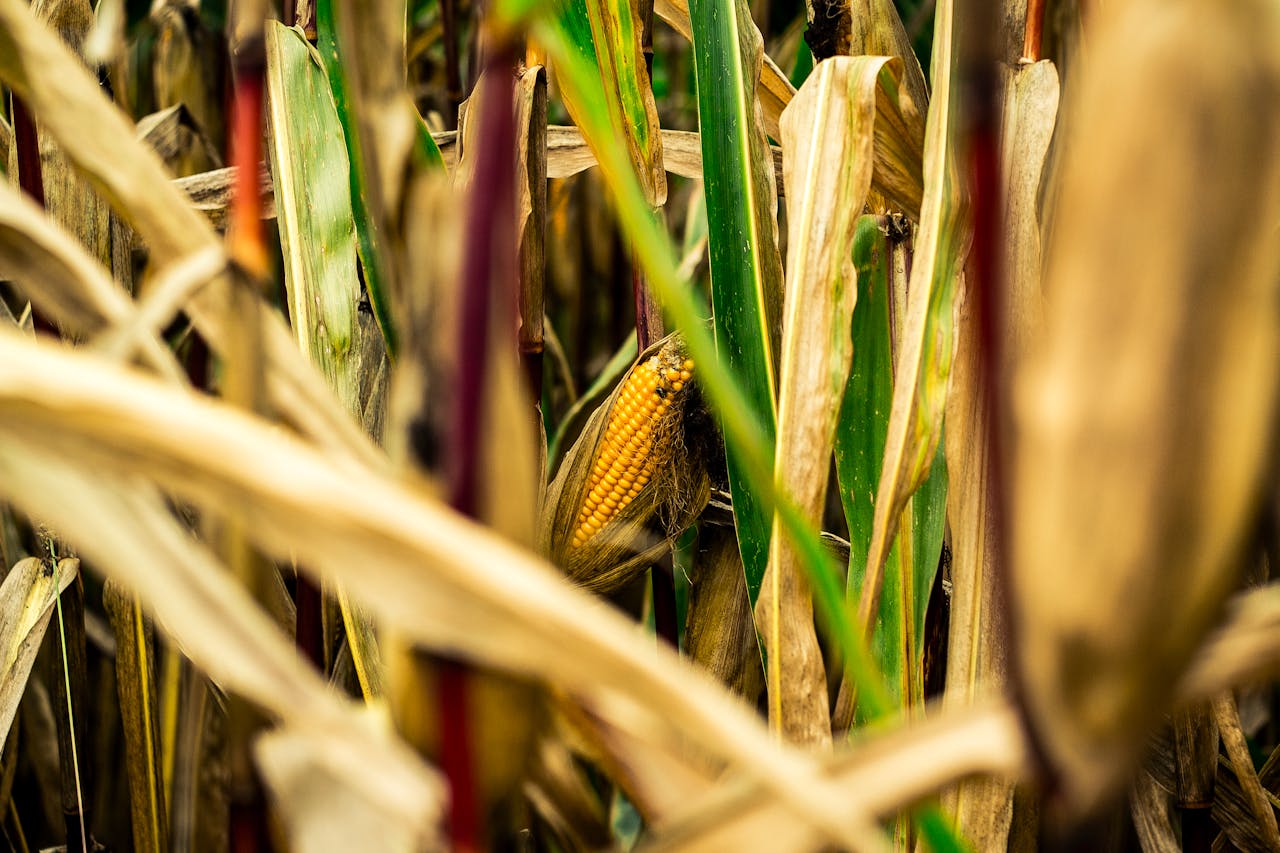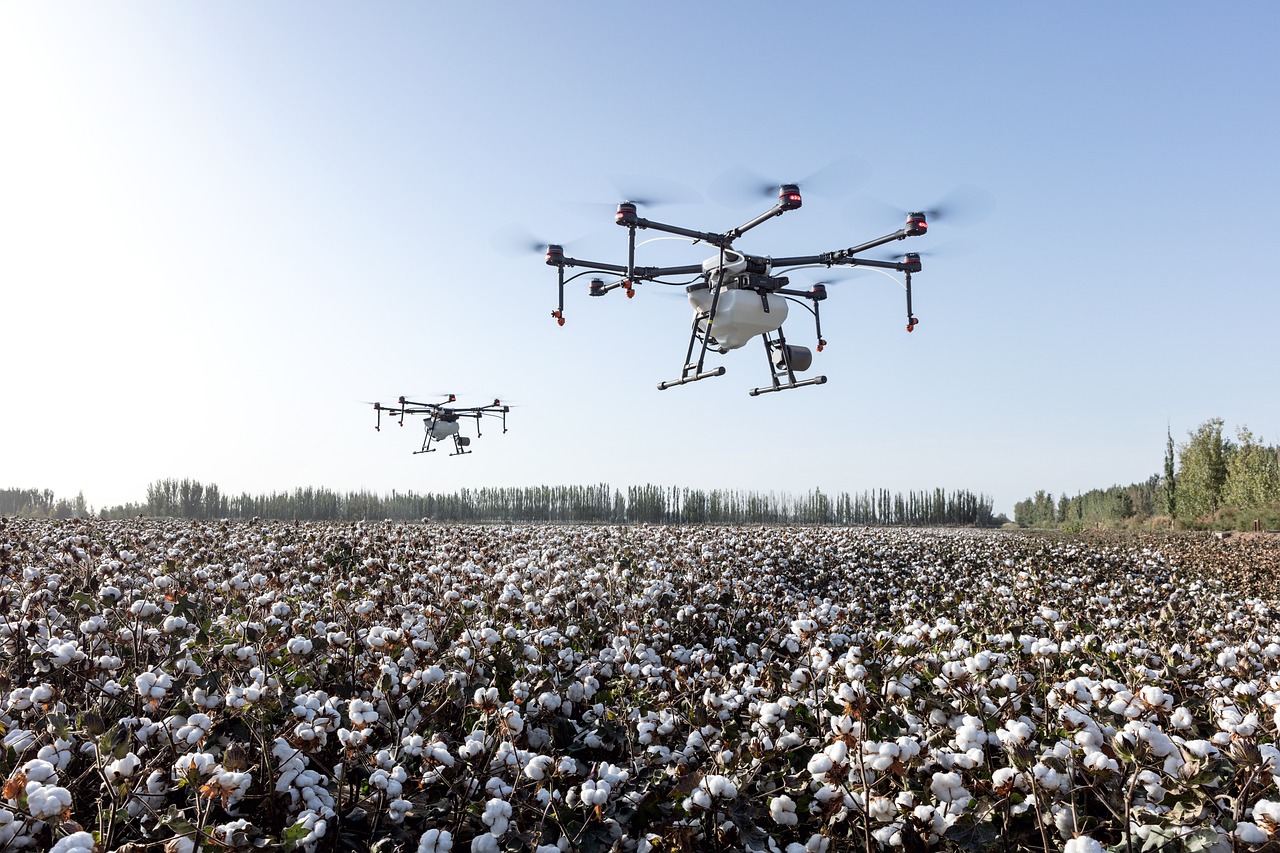The Hungarian agricultural sector is set for positive changes, with a more optimistic outlook for the food economy based on second-quarter data. Experts at MBH Bank’s press event highlighted efficiency and competitiveness as key future goals.
Dávid Hollósi, head of MBH Bank’s agri-food division, noted that the domestic agricultural sector’s assessment is more positive than since the war in Ukraine. However, weather extremes pose challenges, especially for maize production, though the overall situation has improved compared to two years ago.
By mid-2024, the outlook for all product sectors is expected to be stable.
The arable crops sector, the largest in Hungarian agriculture, remains optimistic even with average yields and quality. Farmers need to be cautious about sale timing due to price volatility. Among livestock producers, chicken and pig farmers are the most optimistic, while fruit growers benefit from good prices and favorable spring weather. Grape and wine production suffers from heatwaves.
Despite these difficulties, the overall assessment of agricultural sectors has improved significantly since 2020.
Strategic analyst Csaba Héjja indicated that product trajectories have stabilized, with no areas in particularly poor condition by mid-2024. While overall food production has yet to recover, weak wheat harvests in France and Italy will boost sales prospects for arable crops. Consumption recovery is slow, but domestic food prices are expected to drop to 90% of the EU average by the year’s end. Agricultural exports have returned to pre-war levels, with retail sales expected to follow.
The tender cycle up to 2027 is crucial for agriculture, offering farmers budget support complementing agricultural subsidies. Szabolcs Szigeti of MBH Bank Consulting stated this funding could shape Hungarian agriculture and the food industry for the next 10-20 years. Proposals supporting precision machinery development and crop storage are anticipated to be popular. Irrigation development is also a priority, with all farmers encouraged to consider it as a stabilizing investment.

